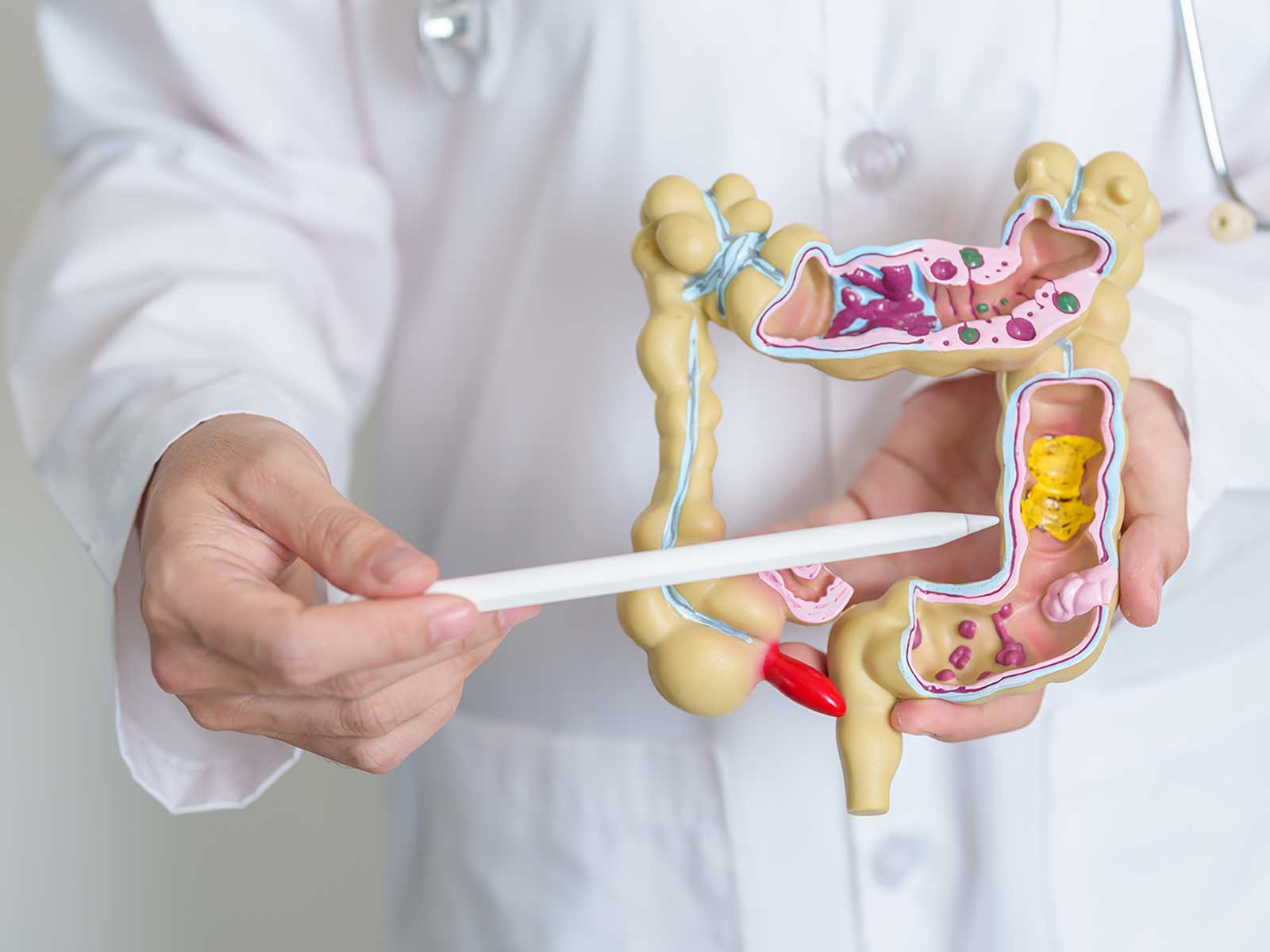
Ulcerative colitis is an inflammatory bowel disease (IBD), it introduces chronic inflammation, as well as ulcerations of the colon and rectum lining. UC does not leave traces of patches and produces a varying effect on the large intestine compared to Crohn disease.
Symptoms may come and go. You might notice:
The exact cause is unknown, but several factors may contribute:
Do not allow the ulcerative colitis to control your life. GastroDoxs, our specialists, in Houston, design a treatment plan and continue dealing with you and offer the most recent treatment depending on your requirements. You can also place your calls, and book your appointments with us to begin with your long-term remission and digestion enhancement process.
We've successfully treated more than 2.3k patients, helping individuals improve their digestive health and overall well-being through expert, personalized care.
With over 20 years of experience, GastroDoxs has been a trusted provider of gastroenterology care, focusing on delivering the best outcomes for patients
Ulcerative colitis occurs in the rectum and the colon and has chronic inflammation as opposed to Crohn disease that may occur anywhere along the digestive tract and has patchy localizations.
K51.90 is the ulcerative colitis without complications, ICD-10.
Yes. Part of the steps that may be applied in the cooling of the symptoms and prevention of exacerbations includes less fibrous softer foods; avoidance of personal trigger foods.
It may be treated using aminosalicylates (anti-inflammators), corticosteroids, immunosuppressive and biologic agents to curb inflammation.
Surgery is always the final place of treatment in instances where drugs cannot control the symptoms or excess bleeding or any other complication takes place.
Direct calling is possible to GastroDoxs or you can do an Internet search by typing ulcerative colitis doctor near me and provide qualified treatment of UC in the Houston region.
Biologics is an even more complex type of drug that concentrates on the specific elements of the immune system in order to decrease the inflammation and sustain remission.
The increase of colon cancer can be caused by the long-term ulcerative colitis. The monitoring and colonoscopies should be done on a regular basis whereby, any changes will be observed at a younger age.
In order to monitor your condition and change the treatment, you are advised to follow up regularly after 3 to 6 months, or even more often in case of active exacerbation.
Yes. Self-organized meal plans, patient education, support groups, and access to clinical trials will be part of our services and will help you to deal with ulcerative colitis.